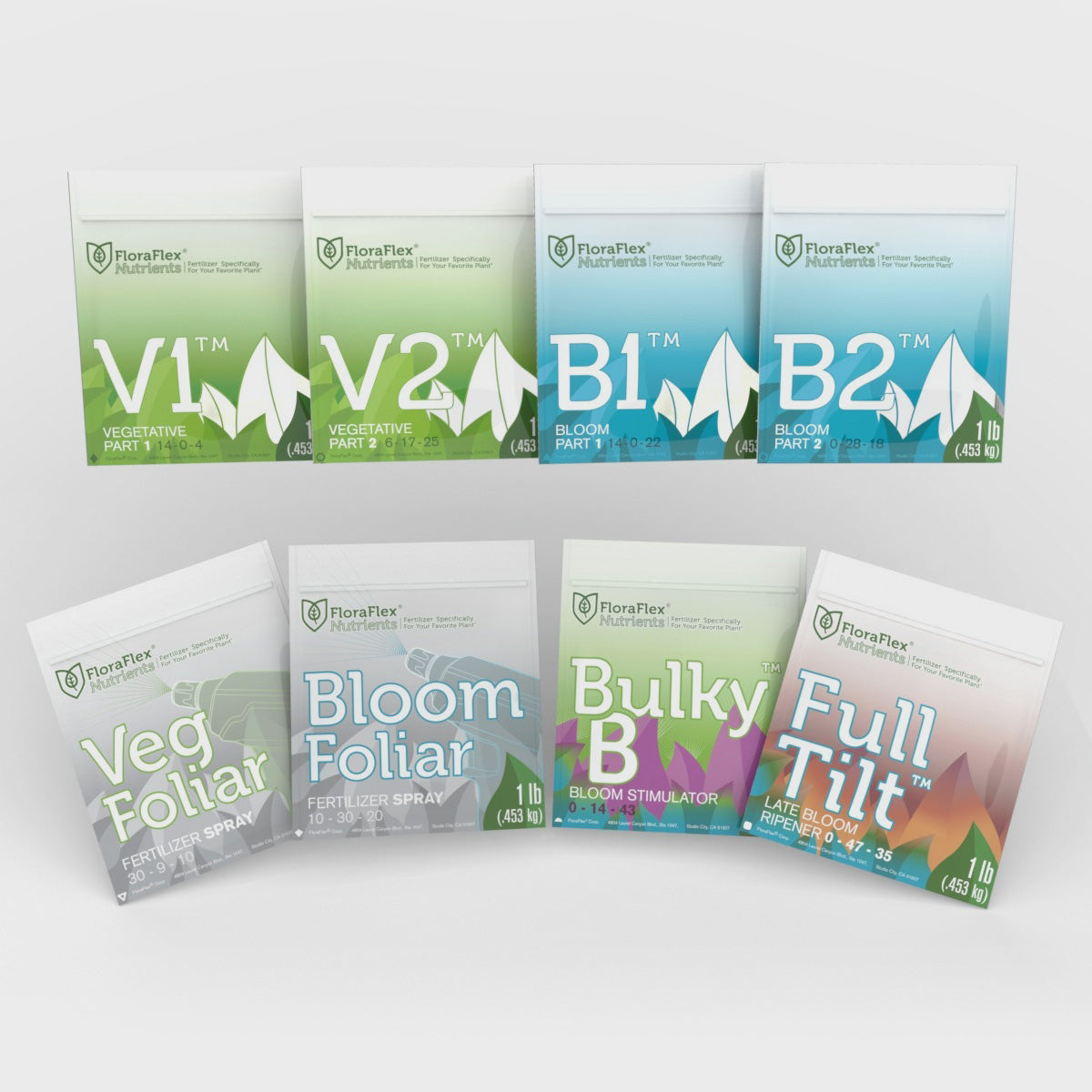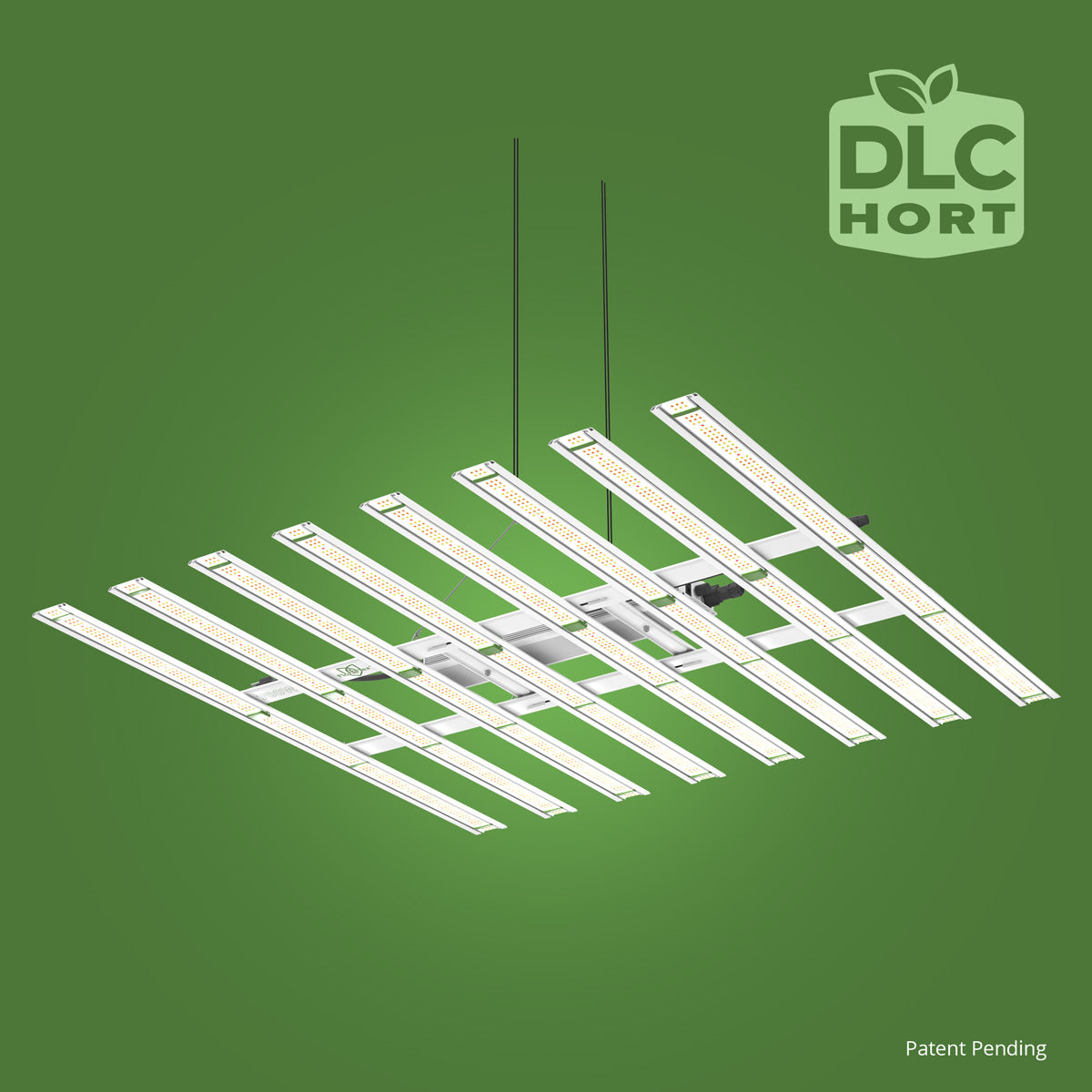Unraveling the Truth: The Presence and Transmission of Heavy Metals in Plant Fertilizers
"The greatest threat to our planet is the belief that someone else will save it." - Robert Swan, Environmentalist.
As the adage goes, our planet is our responsibility, and as responsible beings, we have a duty to understand the impact of our actions on it. In this context, let's deep dive into an aspect of gardening and farming that's increasingly garnering attention - the presence and transmission of heavy metals in plant fertilizers.
Understanding the Concern: Heavy Metals in Fertilizers
Do you ever think about what's inside the fertilizers you use in your garden or farm? Heavy metals may be far from your mind, but they should be at the forefront.
Heavy metals, such as cadmium, lead, and arsenic, often find their way into plant fertilizers. These toxic elements, in large amounts, can cause health issues for both humans and the ecosystem. Some fertilizers, particularly those derived from industrial waste or natural minerals, can carry significant amounts of these heavy metals.
The question is, why should we care?
The Invisible Threat: Transmission from Soil to Plant
You might be thinking, "If these heavy metals are in the soil, they can't possibly affect me." But here's the catch: Plants can absorb these metals from the soil.
This absorption can lead to a phenomenon known as bioaccumulation, where the concentration of heavy metals increases in the plant tissues over time. If these plants are part of our food chain, it could lead to potential health risks.
Now, do you see why this topic should concern us?
Debunking Myths: Not All Fertilizers Are Equal
"But all fertilizers contain heavy metals, right?" you may ask. The truth is, not all fertilizers are created equal.
The amount of heavy metals in fertilizers can vary based on their source. While some may contain high levels, others may have minimal amounts. For instance, synthetic fertilizers typically contain fewer heavy metals than organic ones. This is not to say organic fertilizers are bad, but it underscores the importance of scrutinizing what goes into our soil.
Stepping Towards Solutions: Safer Practices and Regulation
This issue seems daunting, doesn't it? But fear not. There are solutions within our reach.
Regulations can play a key role in controlling the amount of heavy metals in fertilizers. Stricter standards and regular testing can ensure that fertilizers meet safety benchmarks. As consumers, we can make informed choices by opting for fertilizers with known compositions, or even making our own compost.
As Robert Swan, the environmentalist, once said, "The greatest threat to our planet is the belief that someone else will save it." Let's take a step towards saving our planet today, by understanding and addressing the presence of heavy metals in plant fertilizers.
In the end, it's not just about us. It's about future generations and the world we want to leave behind for them. The question is, are you ready to make a change?








